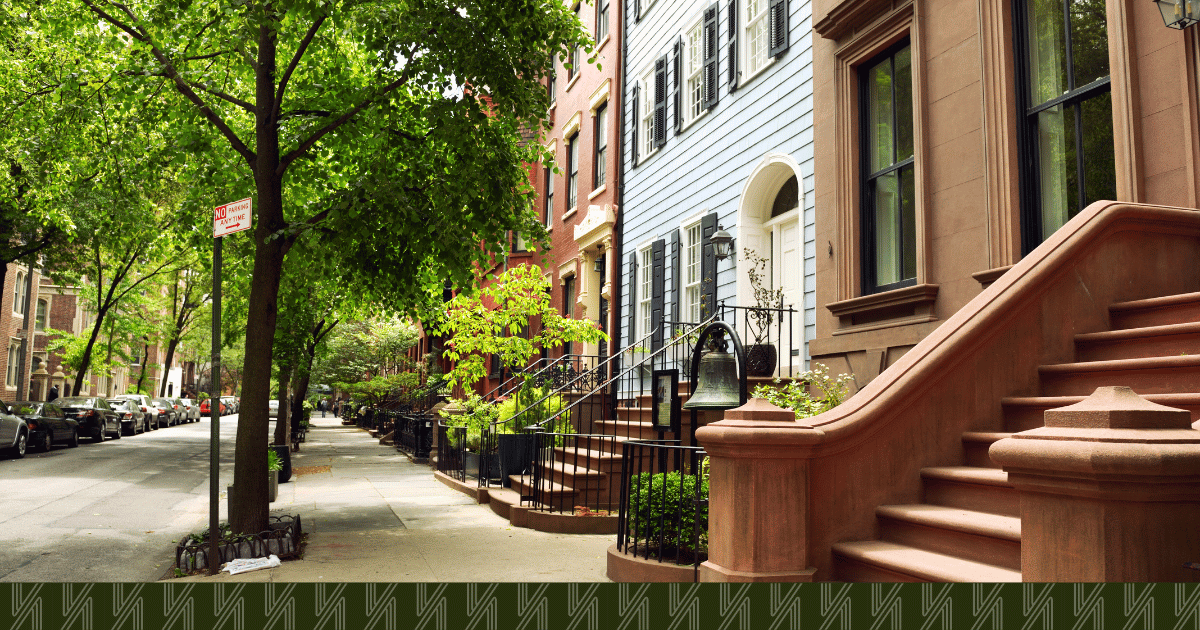If you’re getting your place ready to sell, you’re probably wondering, “Are home improvements tax-deductible?”
Short answer: not in the way people usually mean. For a primary home in New York, you generally can’t deduct improvement costs on your annual tax return. But many improvements do help you at sale time by increasing your “basis,” which can reduce taxable gain on your federal and New York returns. That’s a big deal in Queens, where values have climbed.
First principles: what actually lowers your tax bill
When you sell, the IRS looks at sale price - selling costs - adjusted basis = gain. Improvements that add value, extend the life of the home, or adapt it to a new use can be added to your basis. A higher basis means a smaller gain. Routine repairs (think paint touch-ups before an open house) don’t count.
Improvements that typically count toward basis (per IRS guidance): a new roof, full kitchen or bath remodel, central air or a new boiler, new windows/doors, finishing a basement or attic, substantial landscaping or retaining walls, and permanent built-ins.
Repairs that usually don’t qualify: interior/exterior painting, fixing leaks, patching drywall, replacing broken hardware—unless they’re part of a larger qualifying renovation. Keep receipts either way.
The homeowner’s ace: the home-sale exclusion
Most sellers never pay capital gains tax because of the Section 121 exclusion: up to $250,000 of gain for single filers and up to $500,000 for married couples filing jointly—if you’ve owned and used the home as your main residence for at least two of the last five years. If you exclude all your gain, you typically don’t report the sale, except when a 1099-S was issued at closing.
That said, in high-appreciation parts of Queens, improvements and meticulous records still matter, especially if your profit bumps up against those limits or if you don’t meet the full two-year test (there are partial exclusions for certain circumstances like job moves).
NYC/NY closing costs: where do transfer taxes fit?
New York has a few line items that catch sellers off guard:
NYC Real Property Transfer Tax (RPTT) applies to most residential sales over $25,000. For typical one- to three-family homes, condos, and co-ops, it’s 1.0% up to $500,000 and 1.425% over $500,000 (NYC categories). It’s a selling expense, which reduces the amount realized—not a deduction.
NYS Transfer Tax is generally $2 per $500 of price (0.4%). Again, a selling expense that reduces the gain calculation.
Mansion Tax (state) is paid by buyers on purchases of $1M+ (tiered up to 3.9% in NYC). Not your deduction as a seller, but useful context in negotiations.
The key takeaway: transfer taxes and standard selling costs (broker commission, attorney fees, required NYC/NYS filings) don’t become deductions, but they do lower your taxable gain as part of the sales-price-minus-costs math the IRS uses.
Co-ops & condos: special assessments and flip taxes
Own a co-op or condo? Capital assessments used to fund building-wide improvements (new roof, elevator modernization, façade project) can increase your basis. Routine or maintenance assessments do not. At sale, many buildings charge a “flip tax” or transfer fee; that’s typically treated like other selling expenses and reduces your amount realized. Documentation from your board/managing agent is essential.
Energy upgrades and medical exceptions (the two “bonus lanes”)
Two categories are easy to miss:
Energy-related improvements (heat pumps, insulation, windows, solar) may qualify for federal tax credits in the year installed—separate from the basis conversation. Credits are dollar-for-dollar and were expanded by recent legislation. If you later sell, these improvements also can be capital improvements that raise basis. Win-win.
Medically necessary improvements (for you, your spouse, or a dependent) can be deductible as medical expenses—subject to rules and thresholds, and many still count toward basis. This is fact-specific; speak with a tax pro.
What paperwork should you keep?
Everything. Seriously. The IRS wants proof if you add costs to basis. Keep:
Contractor agreements, paid invoices, and proof of payment
Descriptions of the work and dates completed
Board letters and paid statements for capital assessments (co-ops/condos)
Closing statement from your purchase (to capture original basis and eligible purchase costs), plus your seller closing statement with commissions and transfer taxes
Reporting your sale (or not)
If your entire gain is excluded and no 1099-S was issued, you usually don’t report the sale on your federal return. If a 1099-S was issued, or if any gain isn’t excluded, you’ll report on Form 8949/Schedule D. Your CPA will also mirror the result on your NY return, since New York starts with federal income.
Quick examples (Queens-specific scenarios)
Kitchen + windows, big appreciation:
You bought in Jackson Heights years ago. You installed new windows and a full kitchen in 2018—capital improvements added to basis. You sell in 2025 with a healthy gain. Your gain is sale price – selling costs – adjusted basis. If that gain fits under $250k/$500k, you’re likely done. If it’s higher, those kitchen and window receipts may save you real money.Co-op façade assessment + flip tax:
Your building ran a Local Law 11 façade project funded by a one-time capital assessment. Add your share to basis. At closing, you pay a flip tax; treat it like a selling expense that reduces the amount realized. Keep the board letter and paid receipts.Tidy-up before listing:
You repainted the living room and repaired a minor leak. That’s maintenance—it doesn’t raise basis on its own. If it was part of a larger qualifying renovation (for example, a full bath gut), your pro can evaluate whether the paint is tied to the improvement.
Bottom line (and a friendly nudge)
In NYC, you don’t “deduct” most home improvements; you capitalize them. The payoff shows up when you sell, by shrinking the gain the IRS and New York see. Layer in the federal home-sale exclusion, NYC/NYS transfer-tax rules, and co-op/condo quirks, and it’s clear: records + planning = savings.
If you’re a few months from listing and want a second set of eyes on what to keep, what to scan, and how buyers in Queens value your upgrades, I’m here. I can’t replace your CPA, but I can help you market the improvements that help your sale and point you to a great tax pro when it’s time to file.
Reach out anytime. No pressure, just someone who knows Queens and cares about the people who live here.
Disclaimer: This is general information, not tax advice. Always confirm your specific situation with a qualified tax professional.
Sources:
- IRS Publication 523 — Selling Your Home: basis, improvements, and the home-sale exclusion
- IRS Topic No. 701 + Form 8949 / Schedule D Instructions: how to report a sale if needed
- IRS Publication 502 — Medical & Dental Expenses: when medically necessary home changes may qualify
- IRS Form 5695 & Energy Credits: energy-efficient upgrades and solar credits
- NYC Dept. of Finance — Real Property Transfer Tax (RPTT): seller transfer tax basics
- NYS Dept. of Taxation & Finance — Real Estate Transfer Tax & Mansion Tax: statewide rules and rates


